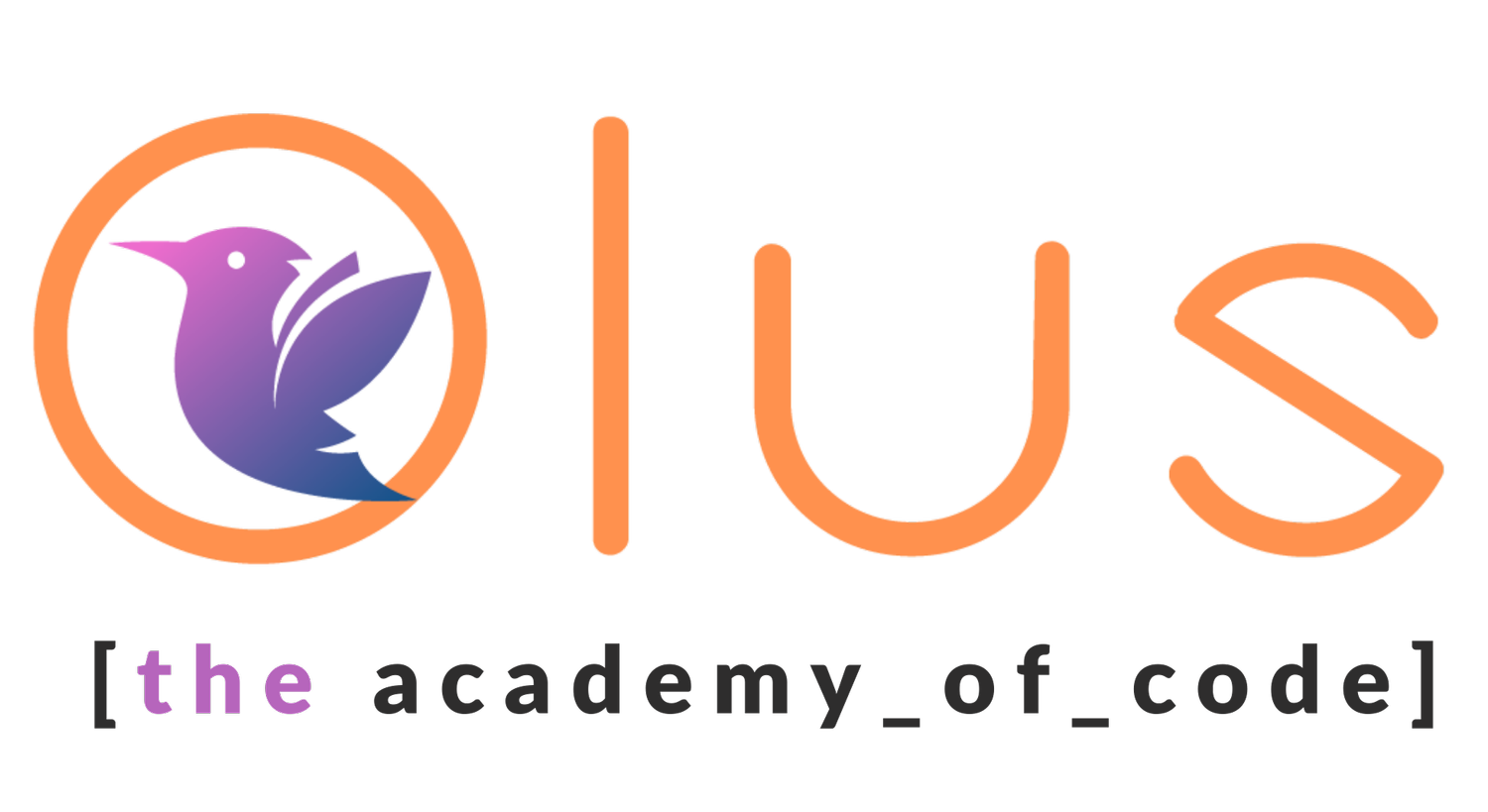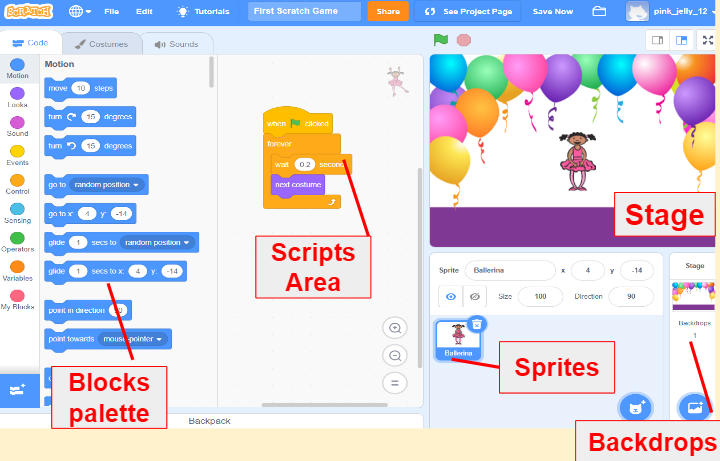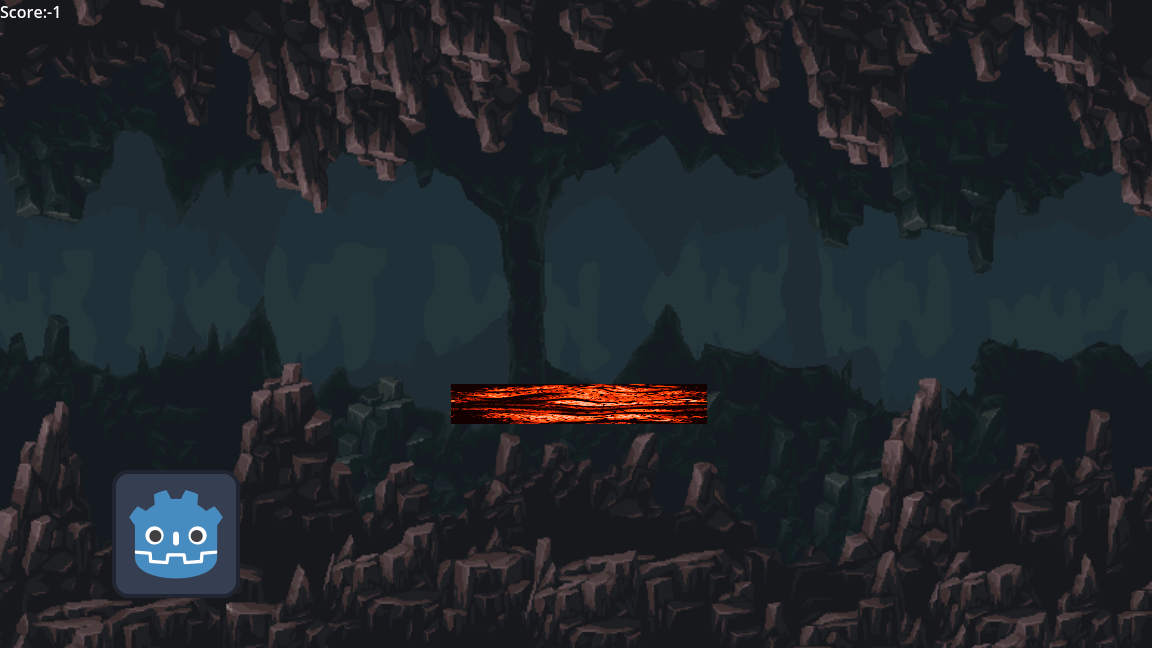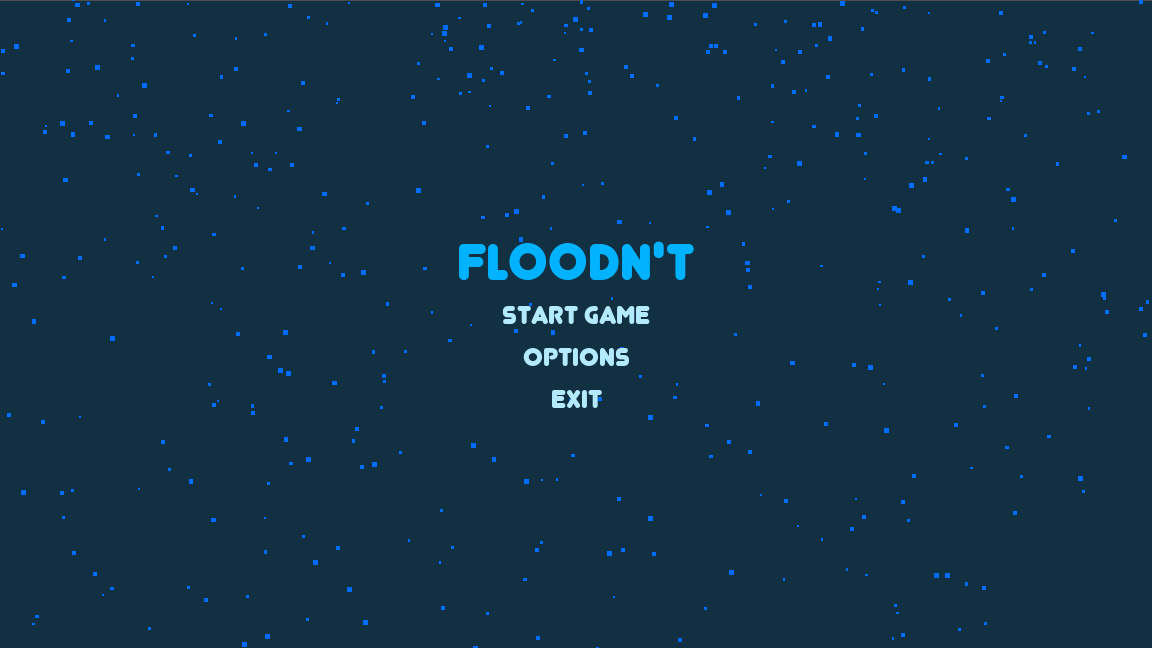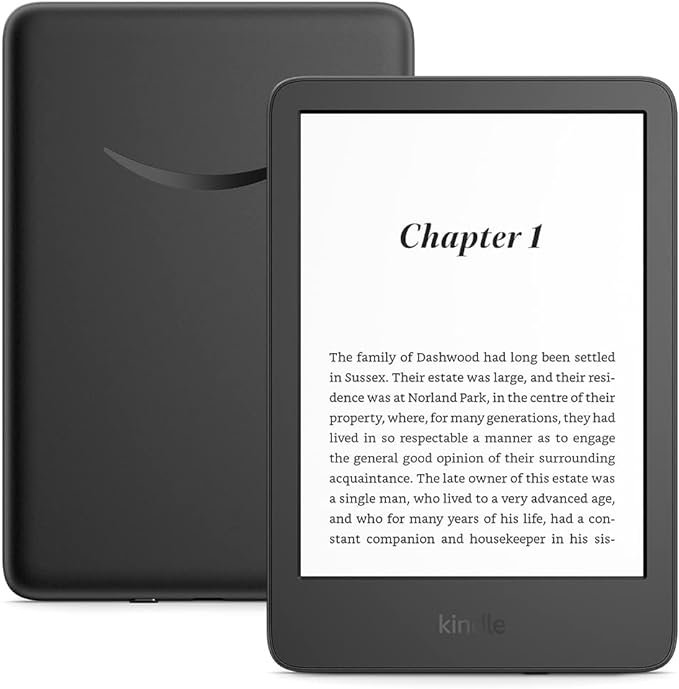In today's technology-driven world, coding is becoming an essential skill that empowers children to not only consume technology but to create it. Whether they’re building their own game or solving real-world problems through programming, kids who learn to code early are setting themselves up for a lifetime of success. Here are five key benefits of introducing coding to your child at an early age:
1. Boosts Problem-Solving Skills
Coding challenges kids to break down complex problems into manageable parts. When a piece of code doesn’t work, they must analyse it, troubleshoot errors, and find a solution. This process teaches logical thinking and helps children approach challenges methodically, skills that will benefit them in all areas of life—from schoolwork to everyday decision-making.
2. Fosters Creativity
Contrary to the common belief that coding is all about numbers and logic, it’s a highly creative activity. Whether designing an app, creating animations, or developing a website, coding allows children to bring their ideas to life. They learn how to build something from scratch, inspiring their imagination and encouraging innovative thinking.
3. Encourages Perseverance and Resilience
Programming often involves trial and error. Kids who learn to code quickly realise that it’s okay to fail, and that mistakes are simply part of the learning process. This fosters perseverance and teaches them to stay resilient in the face of challenges—valuable life skills that extend beyond coding and into their everyday activities.
4. Enhances Collaboration and Communication
Coding isn't always a solo activity. In online coding classes or group projects, children often collaborate with others to solve problems or complete tasks. This collaborative environment teaches them how to communicate ideas effectively and work as part of a team, an essential skill in both their academic and future professional lives.
5. Prepares for Future Career Opportunities
As the world becomes increasingly digital, coding is a skill that opens doors to a wide range of future career opportunities. Whether your child wants to become a software engineer, game designer, or data scientist, learning to code gives them a head start in industries that are growing rapidly. Even outside of tech, many professions value coding skills, as they demonstrate critical thinking, creativity, and problem-solving abilities.
Final Thoughts
The benefits of learning to code at an early age go far beyond the computer screen. Coding equips kids with critical skills—problem-solving, creativity, resilience, collaboration, and a future-ready mindset—that will serve them in all aspects of life. By enrolling your child in an online coding class, you’re giving them the tools they need to succeed in a world where technology is ever-evolving.
Ready to get your child started on their coding journey? Sign them up for our fun, interactive online coding classes today, https://www.theacademyofcode.com/autumn-spring-term-2024-25!
